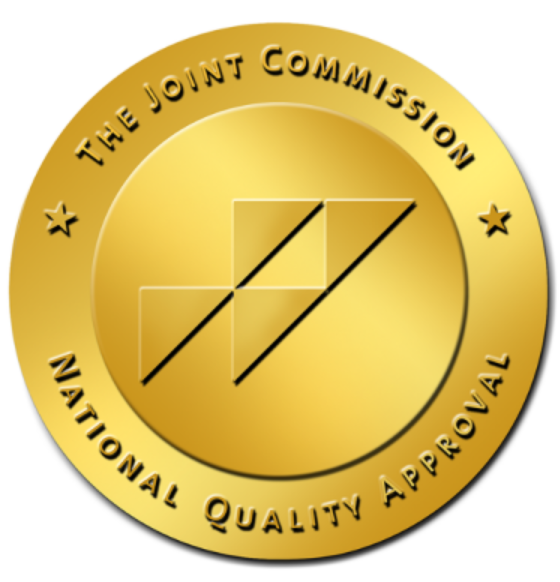Dual Diagnosis
Dual Diagnosis and Its Effect On Recovery
Initially, the term dual diagnosis was used in the 1980s to describe people experiencing mental health and substance abuse disorders simultaneously. There is no standard definition, which can lead to confusion, especially for anyone exploring therapy options online. Dual diagnosis can be interchangeable with “co-occurring disorder” and “comorbidity.” The meaning for all three is the same and they refer to a person experiencing substance abuse disorder (SUD) who has coexisting mental or physical conditions.
A few common conditions seen in people diagnosed with substance abuse disorder include the following:
- Depression (e.g., major depression, atypical depression, seasonal affective disorder, etc.)
- Attention-Deficit Hyperactive Disorder (ADHD)
- Post-traumatic Stress Disorder (PTSD)
- Eating disorders
- Bipolar Disorder
- Schizophrenia
Self-Medicating and Dual Diagnosis
It can be hard to deal with mental health problems on your own and some people self-medicate to cope with uncomfortable or painful symptoms instead of getting professional help. There are multiple reasons that people choose to self-medicate, including the following:
While self-medicating might feel like a solution, it often leads to reliance and substance abuse disorder over time. Complicating matters is the fact that many of the prescribed medications used to treat conditions like depression, anxiety, and PTSD can become addictive when used over a long period of time.
Alcohol Abuse and Dual Diagnosis
Scientists at the University of Pennsylvania point to several known risk factors associated with comorbid conditions. Although they were not able to determine that alcoholism directly causes psychiatric disorders, there is still a strong association between alcoholism and dual diagnoses.
The researchers noted that in some cases, alcoholism was used as a way to self-medicate.
- A family or personal history of substance abuse and mental health disorders
- Studies indicate that men are more likely to be diagnosed with comorbid conditions
- Depression and low self-esteem
- Exposure to certain substances or toxins while in the womb
- Genetics
- Being diagnosed with a mood or anxiety disorder
It can also be more challenging for psychiatrists and therapists to determine underlying conditions when there are many overlapping symptoms. Without knowing which disorder they are dealing with, it can be harder to determine the right treatment options. This means that, depending on the circumstances surrounding your health, it can take some trial and error to discover what different symptoms mean and how they need to be treated. This delay means that it is not unusual for this to lead to longer recovery times.
Long-Term Effects of Dual Diagnosis
There are long-term effects that can come into play with a dual diagnosis. Both disorders require individual treatments, which can lead to complications. The medications used will also determine what kind of impact it will have on your recovery. Recovery may be further hampered if the substance being abused was a medication originally prescribed to treat mental health symptoms. Fortunately, the medical community has made great strides in creating integrated treatment plans for co-occurring disorders. Despite the challenges, there is a high rate of continued sobriety for individuals with a dual diagnosis.
When Should I Get Help?
If you or a loved one has a substance use disorder and struggles with other psychiatric conditions, it is vital to get help as soon as possible. Recovery is more likely to be successful in the long-term if professional medical assistance is sought early. At Create Recovery Center, we know that this is a big step to take and no matter where you are at on your road to recovery, our dedicated team is here to help you meet your goals.
We will guide you to the right treatment options for a dual diagnosis and offer a strong support system and resources to help you succeed in your recovery. For more information, reach out to Create Recovery today!





